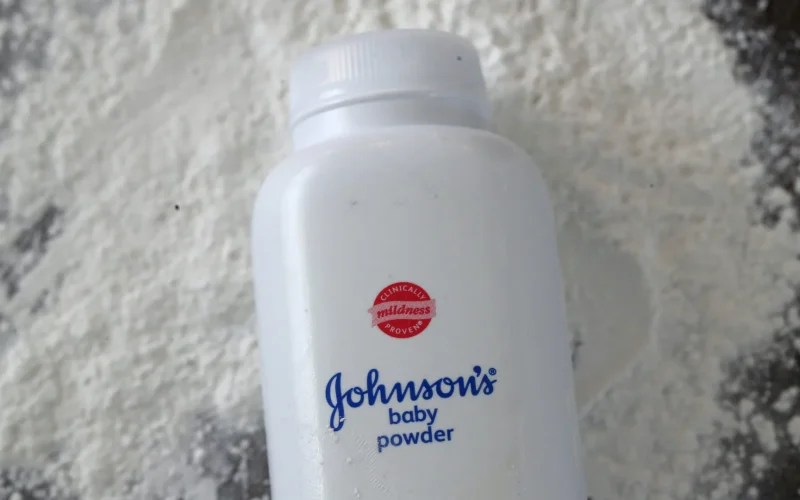A major legal claim has been launched in the United Kingdom against pharmaceutical company Johnson & Johnson (J&J), accusing it of knowingly selling baby powder contaminated with asbestos for decades. The case, filed by KP Law on behalf of 3,000 claimants, could become the largest product liability lawsuit in British history.
According to court filings, internal company memos and scientific reports dating back to the 1960s allegedly show that J&J was aware its talc-based baby powder contained fibrous talc, tremolite, and actinolite — minerals that, when fibrous, are classified as asbestos and linked to cancers such as mesothelioma and ovarian cancer.
The lawsuit alleges that J&J concealed these risks while marketing its baby powder as safe and pure, even targeting new mothers and later women of colour in advertising campaigns. Despite alleged evidence of contamination, the company is said to have resisted adding warnings to its packaging and instead sought to influence testing standards set by the US Food and Drug Administration (FDA).
J&J has denied all allegations, insisting its products “did not contain asbestos, were compliant with regulatory standards, and do not cause cancer.” Its consumer health arm, now spun off as Kenvue Ltd, echoed this defence, citing years of testing by independent laboratories and health authorities.
Documents cited in the claim reportedly include a 1973 internal memo acknowledging “talc fragments classifiable as fibre” and trace quantities of tremolite or actinolite. Other correspondence allegedly discussed keeping research on asbestos removal confidential to avoid public disclosure.
The case mirrors ongoing litigation in the United States, where J&J has faced thousands of lawsuits over similar claims and billions of dollars in damages, though some verdicts have been overturned on appeal.
Experts say ovarian cancer can result from both genetic and environmental factors, including exposure to asbestos fibres. J&J stopped selling its talc-based baby powder in the UK in 2023 and in the US in 2020, switching to cornstarch-based alternatives.
Earlier this month, a US court in Connecticut ordered J&J and its successor entities to pay $25 million to a man who developed terminal cancer after using the company’s baby powder throughout his life. J&J is appealing that ruling.





















